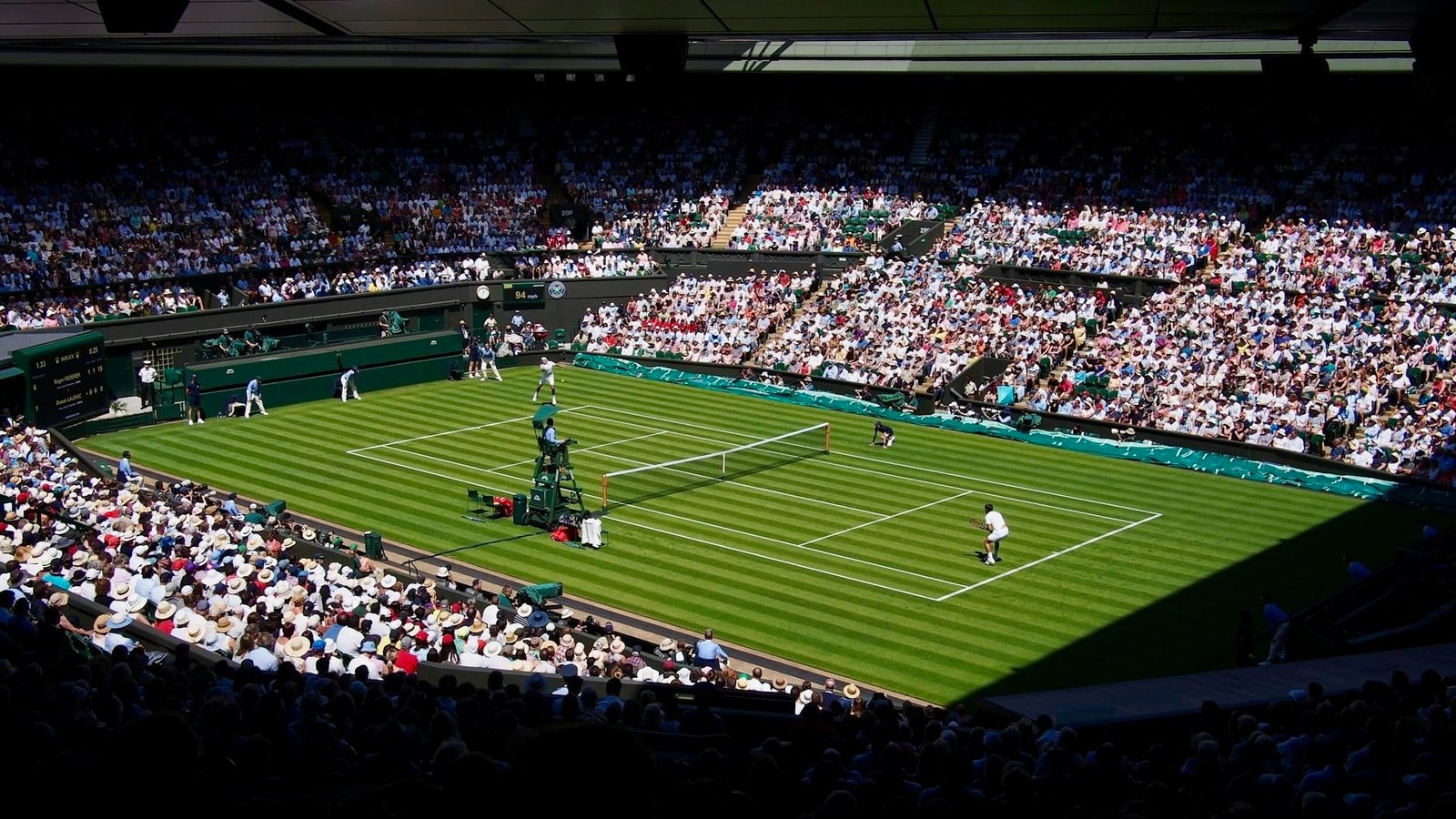Suddenly Slower? The Weird Science of Time Perception in Sports
May 7, 2025

May 7, 2025
In a fraction of a second, a professional tennis player decides where to hit the ball—just as a goalkeeper anticipates the trajectory of a penalty kick.
Many athletes report experiencing these crucial sports moments as if time were slowing down.
A perception that might seem subjective or adrenaline-induced, but is in fact the focus of numerous neuroscientific studies.
When under significant cognitive or emotional pressure, the athlete’s brain appears capable of processing information more quickly, creating the impression that external events unfold more slowly than usual.
But what actually happens in the brain when time seems to slow down? And is this ability a natural talent, or can it be cultivated through training?
Time Perception in Sports: A Construction of the Brain
Contrary to what one might think, time is not an objective or immutable reality.
Our brain is not a mere biological stopwatch; rather, it processes and interprets the flow of events based on context, attention, and emotional state.
Research conducted on high-level athletes has shown that, under extreme pressure, the brain can process information with such speed and efficiency that it generates the subjective sensation of time deceleration.
One of the most cited academic references is a study published in Frontiers in Psychology, which suggests that expert athletes are able to anticipate motor events through more precise predictive processing.
Their minds “foresee” what is about to happen, gaining valuable milliseconds in reaction time.
Focus, Anticipation, and Internal Time
The secret behind this ability lies in a combination of factors: attentional capacity, accumulated experience, and emotional control.
Athletes don’t literally slow time down—but rather, they optimize their perception of it through a refined balance of focused attention and neurosensory activation.
The brain regions involved include the prefrontal cortex, responsible for planning and decision-making, and the cerebellum, essential for motor coordination.
Additionally, the dopaminergic system—which governs reward mechanisms—plays a key role in modulating time perception in competitive environments.
Can Time Perception Be Trained?
The answer is yes, but with some caveats.
There is no universal protocol to slow down reality, but certain practices can sharpen temporal perception and anticipation:
- Targeted Cognitive Training • Software like NeuroTracker and CogniFit are designed to enhance attention, working memory, and processing speed.
- Mindfulness and Meditation • Awareness techniques improve the ability to remain present in the moment, enhancing sensitivity to the passage of time.
- Video Feedback and Simulations • Tools like slow-motion playback and virtual reality help athletes analyze game micro-dynamics and internalize timing.
- Neuroathletic Preparation • An emerging trend that combines motor exercises and neurological stimuli to train the brain for decision-making efficiency in dynamic contexts.
Between Neuroscience and Sports Performance
Understanding how the brain manages time under high-performance conditions is more than a scientific curiosity—it’s a real opportunity to improve training, mental preparation, and decision-making in sports.
The sensation of time slowing down is the result of a complex interaction between experience, attention, and neuroplasticity.
If, as recent evidence suggests, this ability can indeed be trained, it may represent a new frontier for athletes, coaches, and performance professionals.
A field where neuroscience and sports increasingly intersect, with the shared goal of pushing the boundaries of perception and human potential.
If you’d like a free consultation to discover what kind of sponsorship might suit you, contact us. We’re waiting for you!
Categories
Recent News
Archives
- November 2025
- October 2025
- September 2025
- August 2025
- July 2025
- June 2025
- May 2025
- April 2025
- March 2025
- February 2025
- January 2025
- December 2024
- November 2024
- October 2024
- September 2024
- August 2024
- July 2024
- June 2024
- May 2024
- April 2024
- March 2024
- February 2024
- January 2024
- December 2023
- November 2023
- October 2023
- September 2023
- August 2023
- July 2023
- June 2023
- May 2023
- April 2023
- January 2018
- December 2017



